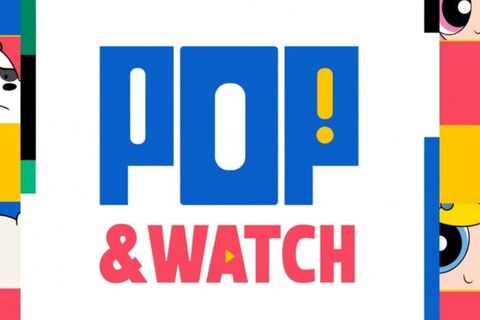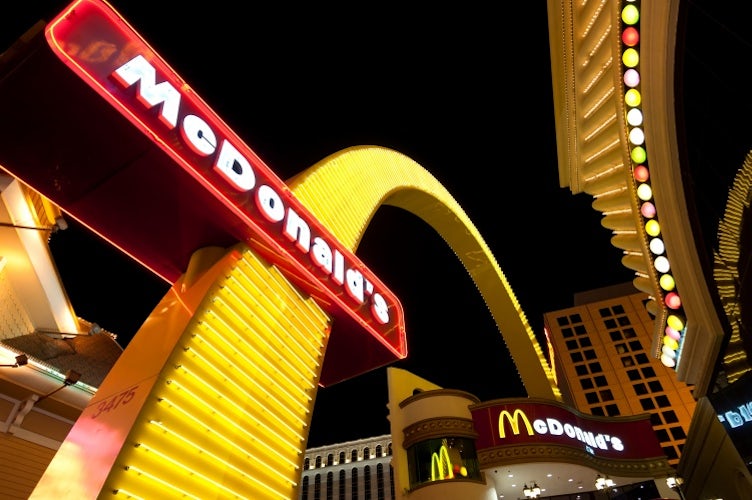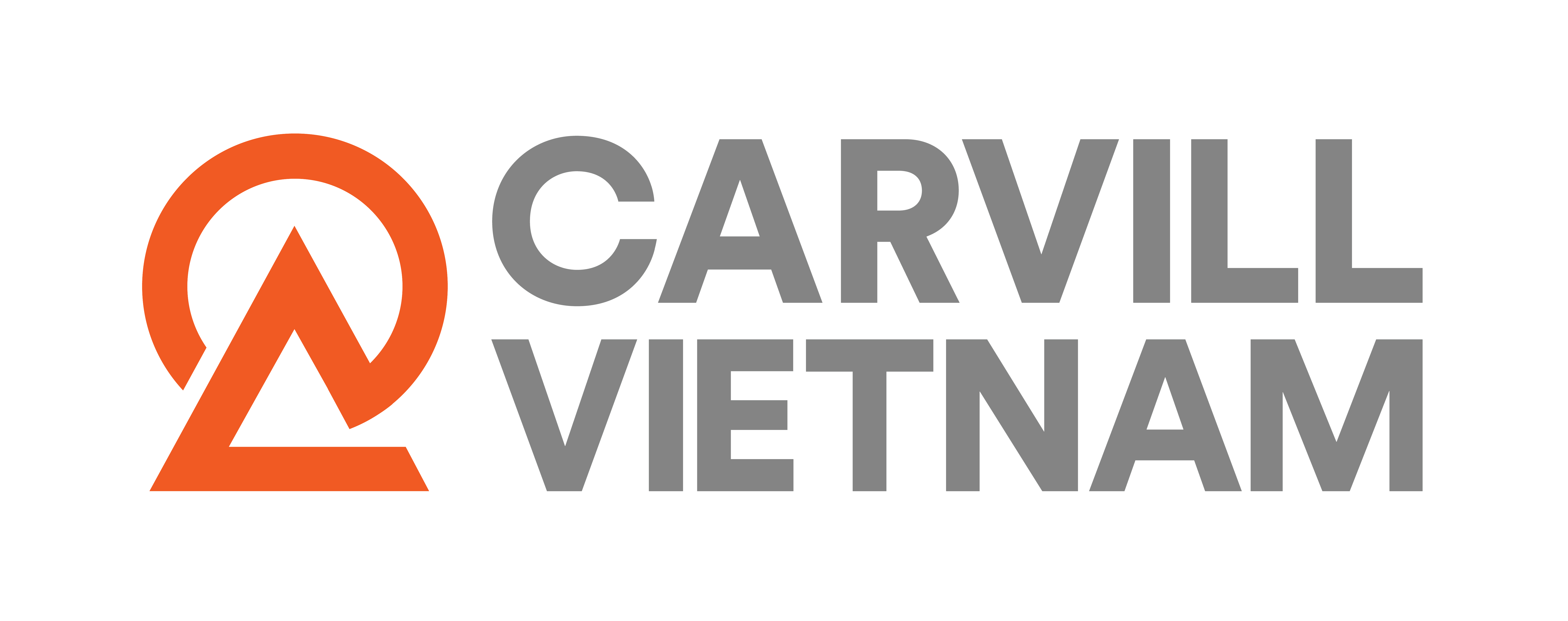Hong Kong's Media Squeeze Looks Far From Over
The idea that press criticism is a national security threat and shutting down outlets is compatible with democratic norms is ludicrous.
Hong Kong's once-vibrant and diverse news industry, long a beacon of press freedom in Asia, is operating in an increasingly constricted space. The collapse of independent news providers under pressure from authorities has been accompanied by repeated denials that any erosion of the financial center’s liberties is taking place. This assertion doesn’t stand up.
Beijing-controlled newspaper Ta Kung Pao took aim this week at Ming Pao, a respected broadsheet founded six decades ago, with a commentary that asked whether the publication intended to take over the role of the now-defunct Apple Daily in “inciting hatred.” That follows the closure of Stand News, the city’s biggest remaining pro-democracy news outlet, at the end of December after more than 200 police descended on its newsroom, arrested journalists and froze the company’s assets. Apple shut down last year after a similar raid. Following the action against Stand, another online media organization, Citizen News, also said it would end operations.
Coming under fire from Hong Kong’s pro-Communist Party media is no trivial matter. The pages of Ta Kung Pao and Wen Wei Po frequently foreshadow official policies or actions, a trend that has become more marked since China imposed a national security law on the former British colony in mid-2020, following pro-democracy protests the previous year that sometimes turned violent. Stand and Apple were both denounced before the police raids. Ta Kung Pao’s latest volley is a sign that the list of targets may widen. “Ming Pao is as centrist as they come,” as Lokman Tsui, a former assistant professor of journalism at the Chinese University of Hong Kong, commented on social media.
Hong Kong authorities and state-owned media argue that the raid on Stand wasn’t an assault on press freedom but a matter of law enforcement, drawing a line between legitimate outlets and those that use media as a cover to publish seditious material, incite hatred of the government, and endanger national security. “You name me which Western country does not have [a] national security law,” Chief Executive Carrie Lam said at a media conference Jan. 4. In essence, the official line is that what Hong Kong is doing is normal and in accordance with international standards.
A more relevant question might be: Which country uses national security laws in this way? Imagine 500 police marching into the offices of a popular, established newspaper with millions of readers in any liberal democracy, shackling the publisher and founder, seizing its assets and in effect forcing it to shut down within days. It is almost inconceivable.
"It's really not the laws; you have to look at what is being done to the journalists,” said Steven Butler, Asia program coordinator for the New York-based Committee to Protect Journalists, in an interview. “When was the last time in Europe, or the United States or Australia, when the government actually went after a publication and forced it to shut down? That just doesn't happen."
That’s not to say that press freedom is devoid of challenges in democracies. Tensions between executive authorities and the media are a common theme worldwide. The U.S.’s pursuit of Julian Assange on espionage charges has given cover to autocrats across the globe to level charges of Western hypocrisy. The U.K. government has faced criticism for restricting access to information and for a “vindictive” response to media coverage of its pandemic management. A police raid on the Sydney headquarters of the Australian Broadcasting Corp. caused an outcry in 2019.
Yet the differences remain stark. Liberal democracies have strong legal and institutional safeguards for the media. Free flow of information is fundamental to the functioning of markets in capitalist economies, and indeed has underpinned Hong Kong’s rise as an international financial center. Article 27 of Hong Kong’s Basic Law (the de facto constitution after its 1997 return to Chinese sovereignty) says residents will have freedom of the press and publication. This guarantee has proved flimsy in practice, faced with authorities’ determination to stifle dissent. Apple and Stand are gone, before cases have been tried; no vindication in court will bring them back.
Peruse state-controlled media (as of Tuesday, the Ta Kung Pao opinion page had at least four commentaries rehearsing similar arguments on Stand), and it’s clear that the ethos setting the agenda for Hong Kong is coming from a very different place. “Press freedom all over the world has boundaries, including not defaming, not challenging social order, not challenging the law, and not compromising national security,” reads the article that criticizes Ming Pao.



 Print the article
Print the article



